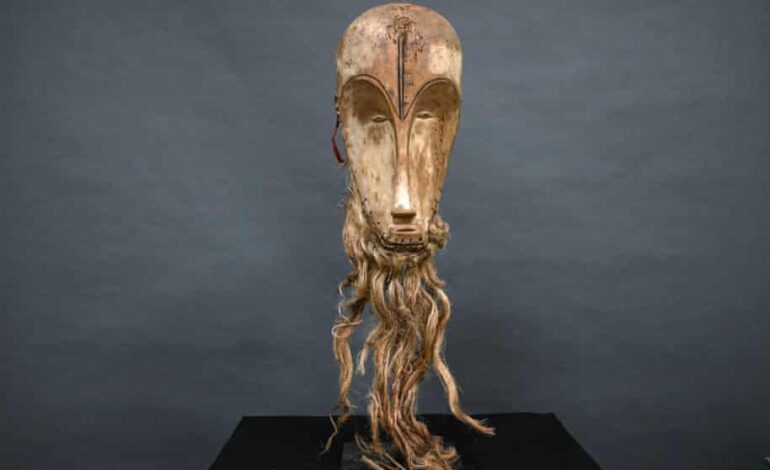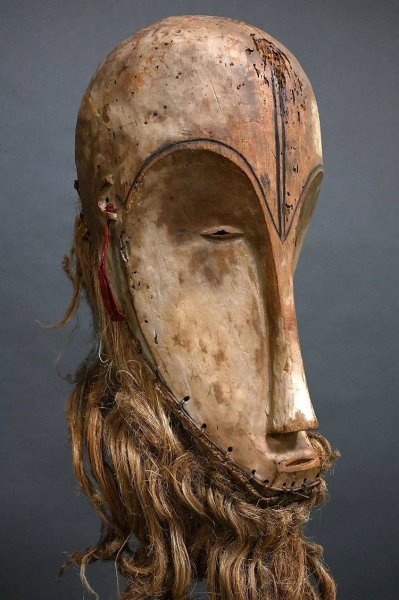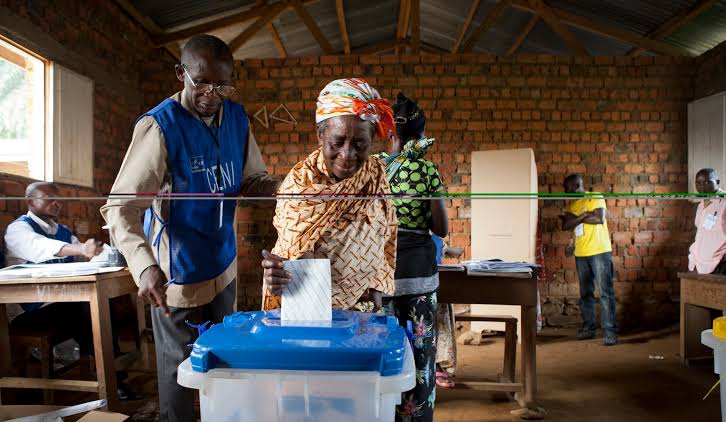
Faith Nyasuguta
In a captivating twist of fate, an elderly French couple, both in their 80s, found themselves embroiled in a legal saga after unwittingly selling an African mask for a mere €150, oblivious to its true worth in the millions.
The couple, residing in Eure-et-Loir, southwest of Paris, made the decision to part with the wooden mask in September 2021 as part of the sale of various antiquities, including African artifacts stored in their secondary home in southern France.
These items, once belonging to an ancestor who served as a colonial-era governor in Africa, were initially deemed of little value by the couple.
Little did they know, the mask held cultural and historical significance that would elevate its worth exponentially. In March 2022, the mask was auctioned in the southern city of Montpellier for a staggering €4.2 million.
The auctioneers described it as an “extremely rare 19th-century mask” linked to a secret society of the Fang people in Gabon, an ethnic Bantu group that possesses only about ten similar objects.
The couple, upon discovering the astronomical value their seemingly modest possession held, sought to annul the original sale. They filed for an injunction, citing an “authentication error” and claiming that the buyer was fully aware of the mask’s actual value at the time of purchase.
However, the court swiftly dismissed their request, stating that the couple neglected to have the mask appraised before the sale. The court characterized their claim as “inexcusable negligence and frivolity,” ruling that they were not entitled to any financial compensation.
Furthermore, the court concluded that the antiquities dealer, lacking expertise in African art, did not engage in deceitful practices. The dealer had even offered the couple €300,000, the starting price of the auction, as a gesture of goodwill. However, the couple’s children opted for a legal course of action, rejecting the offered amount.

While the legal battle unfolded, another layer was added to the narrative as the government of Gabon sought to intervene. Gabonese representatives at the auction, along with members of the Gabon community in southern France, expressed their disapproval, arguing that the mask should never have been put up for sale and must be returned to the central African country.
This intervention, seeking to cancel the sale and repatriate the mask, reflected the broader ethical considerations surrounding artifacts with historical and cultural significance.
Despite the court’s dismissal of the Gabonese government’s motion, the issue sparked a larger conversation about the morality and ethics associated with the trade of culturally significant artifacts.
Solange Bizeau, a member of the Collectif Gabon Occitanie, who had protested against the auction, emphasized the importance of restoring such items to their places of origin. Bizeau highlighted the cultural and spiritual significance of the mask, stating, “This mask has a soul; it was used to establish justice in our villages.”
As the legal proceedings continue, the case serves as a poignant example of the complex interplay between art, culture, and commerce.
Overlooked artifacts can suddenly become central to legal disputes, unraveling intricate narratives that challenge perceptions of value and ownership in the art world.
RELATED:




